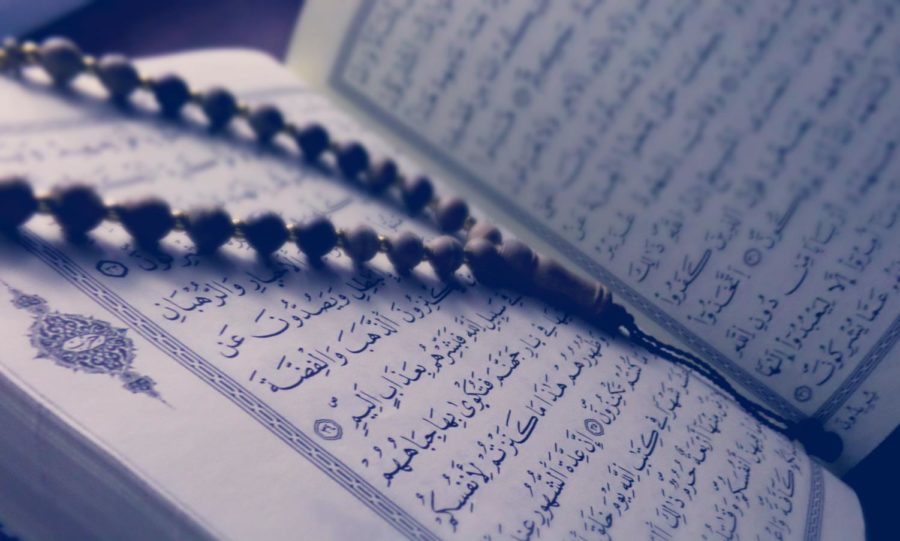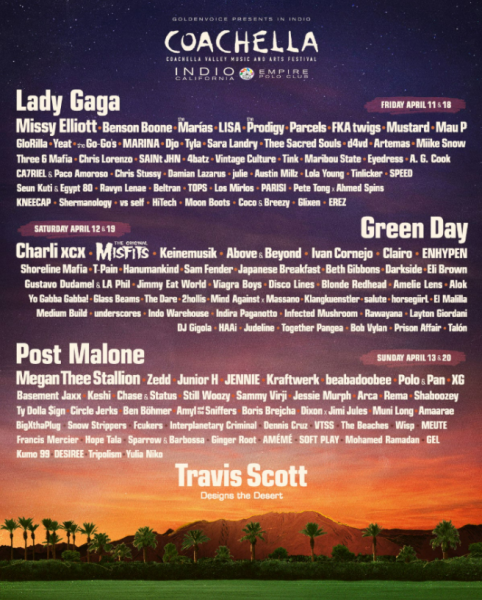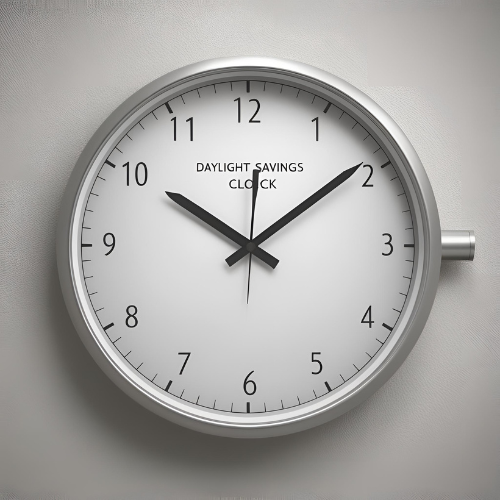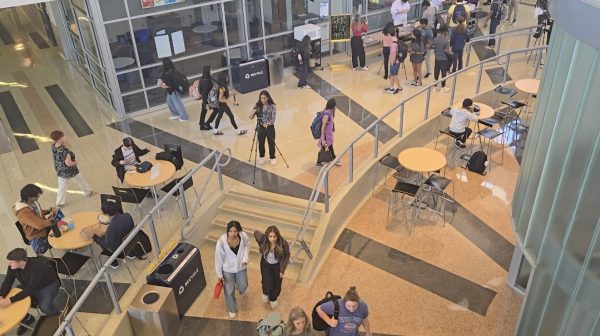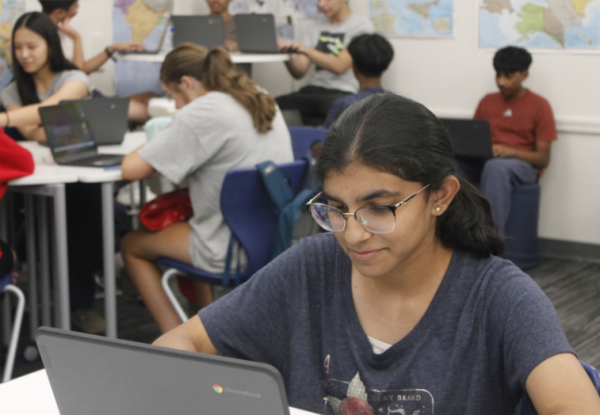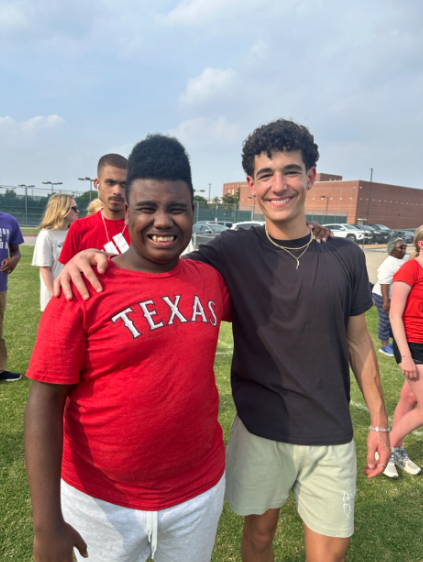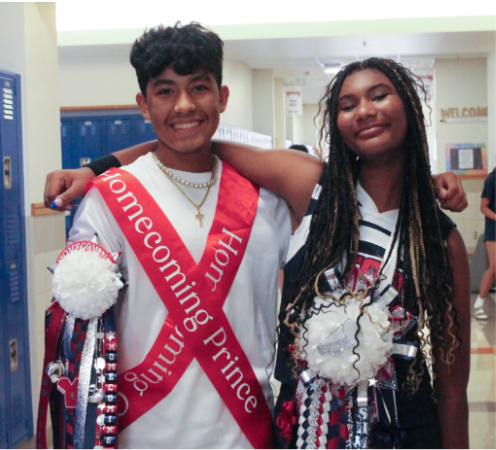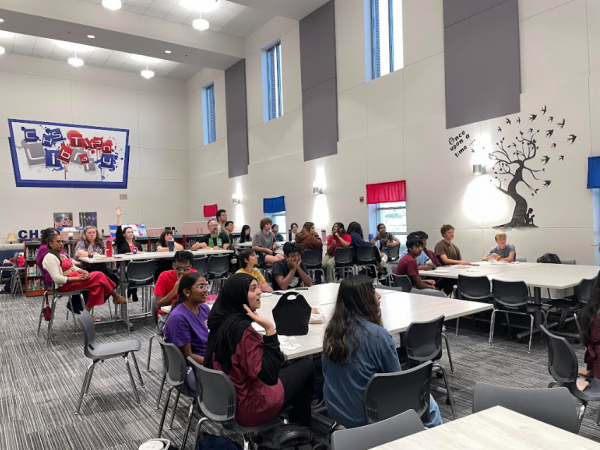Ramadan: A Month of Reflection
A picture of a tasbeeh (set of beads) on top of a Qur’an
FRISCO, TEXAS- Did you know that not everyone follows just the solar calendar? Muslims, for example, also refer to the lunar calendar, and they celebrate the 9th month of this year as a religious holiday. This month is called Ramadan, and it shifts each year due to the lunar calendar being shorter; it will fall on April 2nd – May 1st this year. For Muslims, it is a holy month in which they fast throughout the day and reflect on themselves.
“Ramadan is celebrated as the month during which Muhammad received the initial revelations of what became the Quran, the holy book for Muslims, from God,” History.com states.
Muslims commemorate the message of God being passed down through this month of abstinence, as well as a celebration at the end of the month known as Eid al-Fitr. Ramadan’s true meaning, though, is often a severely underlooked part of the holiday. Although many people think of Ramadan as the month where Muslims fast, or abstain from food and water from dawn to dusk, it is much more than that.
“[Ramadan] is more broadly interpreted as the obligation to refrain between dawn and dusk from food, drink, sexual activity, and all forms of immoral behaviour, including impure or unkind thoughts. Thus, false words or bad deeds or intentions are as destructive of a fast as is eating or drinking,” the Britannica Encyclopedia explains.
Refraining from any unkind actions is yet another method of learning to restrain oneself, something which Ramadan places heavy emphasis upon. Fasting from sunrise to sunset is considered one of the hardest parts of the month by far, but this is something which many Muslims take pride in, as they are successfully able to resist their worldly urges. Although those with health concerns don’t fast, some of them will take place in the before and after meals.
“It is common to have a meal (known as the suhoor) just before dawn and another (known as the iftar) directly after sunset. At the end of the fast – when the sun has gone down – usually, families and friends will get together for iftar to break their fast,” BBC notes.
As much as Ramadan allows time to reflect on oneself and connect with religion without worldly distractions, it is also about taking time to come together and be with family and friends. Muslims often refer to themselves as one big ‘ummah’, or community, and one of the most important principles in Islam is being respectful to everyone in and out of the community, and showing kindness to those in need.
“Ramadan is a time to practice self-restraint and self-reflection. Fasting is seen as a way to cleanse the soul and have empathy for those in the world who are hungry and less fortunate,” History.com says.
As interesting as this may be, you might be wondering why non-Muslims should care about Ramadan. Why should people bother educating themselves on a holiday they don’t even celebrate? That’s because it’s important to raise our cultural awareness, especially in a place such as the US, often referred to as a “melting pot” of cultures, religions, and races. By learning more about each other’s differences, we can further understand and connect with the people around us.
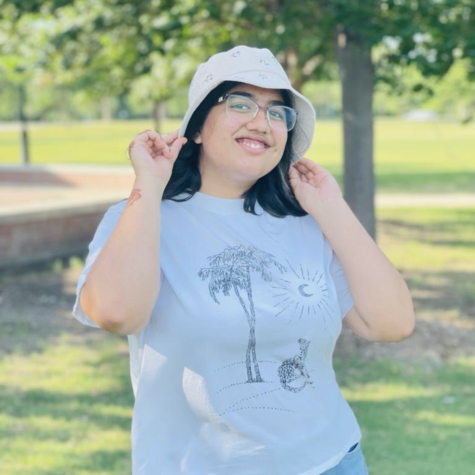
Hi! My name is Uswa Saeed. I'm currently a 12th grader at Centennial High School, and this is my third year writing for Cen10 News. Writing has always...


